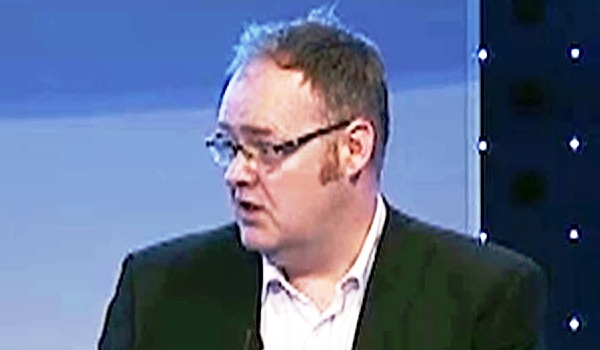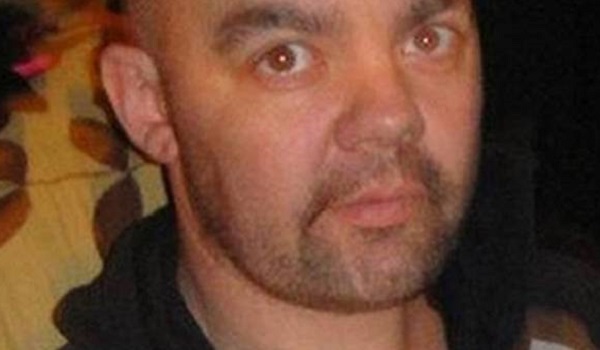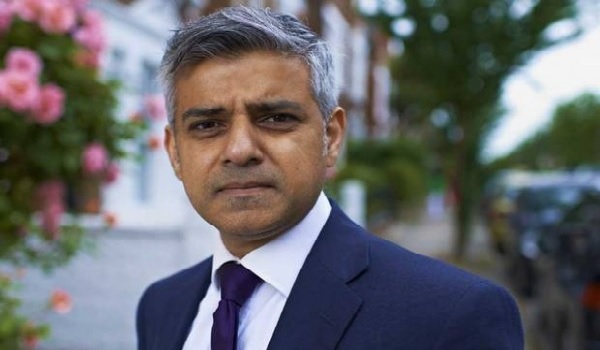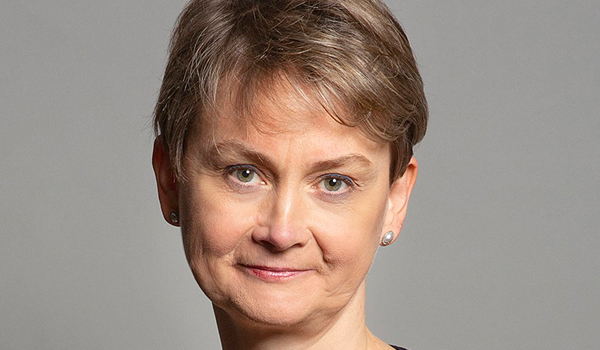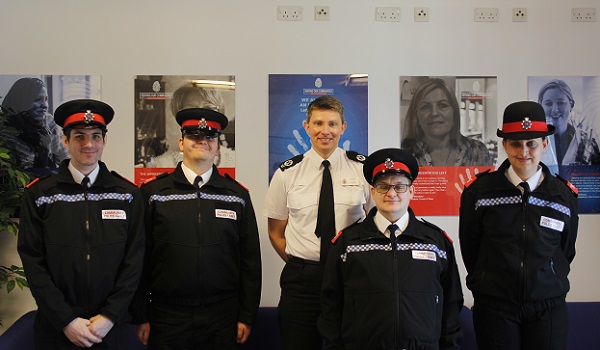VRU to work with Somali women to halt shifting gang crime battleground
A pioneering police team is hoping its decision to break down gender barriers will help prevent gang crime spreading from London.
Police Scotland’s Violence Reduction Unit (VRU) is planning to work exclusively with women for the first time, having traditionally focused its attention on cyclical violent behaviour among young, predominantly white, males.
In a unique collaboration, officers are set to offer training in Scottish law, conflict and mental health to Somali women who it is felt have the “greatest access” to the young people most at risk – those traumatised by war.
While there is no specific intelligence to suggest violent persons are heading north from the UK capital to Glasgow, VRU acting director Will Linden says he is conscious there is “movement across the country within these communities”.
London’s Somali community is 70,000 strong while Glasgow’s is relatively small at 3,000.
And Mr Linden warns that action now in the form of collaboration is crucial as “waiting another year or two to intervene and we might be fighting a losing battle”.
He added: “If we’re talking about prevention, then just because the problems don’t exist here anywhere like they do in London doesn’t mean they won’t in the future.
With the need for the unit to incorporate changing demographics within growing new communities north of the border, Mr Linden accepts there are difficulties in building trust – particularly with groups whose experience of police brutality or corruption in other countries may create initial barriers.
That’s where the One Community project – officially launched by Scottish Justice Secretary Michael Matheson at Sunshine Koffee in Glasgow’s Eglinton Toll district – comes in.
Young women from the Horn of Africa – severely affected by regional wars – are rebuilding their lives through this grassroots project – developed by Somali-born Khadija Coll.
She has worked with refugees in Scotland for a quarter of a century and was instrumental in the successful campaign to legislate against female genital mutilation in the Scottish parliament, winning a nomination for Scotswoman of the Year for her work.
She believes there is a real fear that what is happening in London could be transported to Glasgow, which is why the mothers are coming together.
Through the unit, Ms Coll is helping to train women to act as community champions and intermediaries.
She says the women, who are really running the households, are worried their children will become isolated and make bad choices.
They are keen to integrate, overcome barriers to help their young people access education and employment services and support them in dealing with racist or Islamophobic bullying, which some experience at school.
VRU Chief Inspector Alastair Muir said: “There’s no exact science to breaking down barriers but in this case the message is being spread by mums, sisters and aunties.
“I’m the father of three daughters and I am delighted to be listening to these women and learning from them.”
As well as challenges that affect all communities, the Horn of Africa population has a unique issue with FGM.
He added: “FGM is a problem and it is still here. My sense is from the mums that they are taking a lot of ownership of the problem and their own daughters are no longer victims of FGM.
“There is a wider awareness among health services of the problem and my sense is that it’s getting better.”


